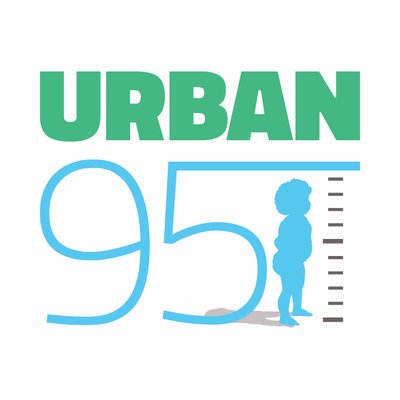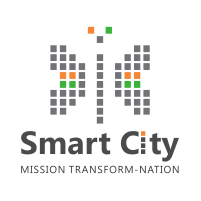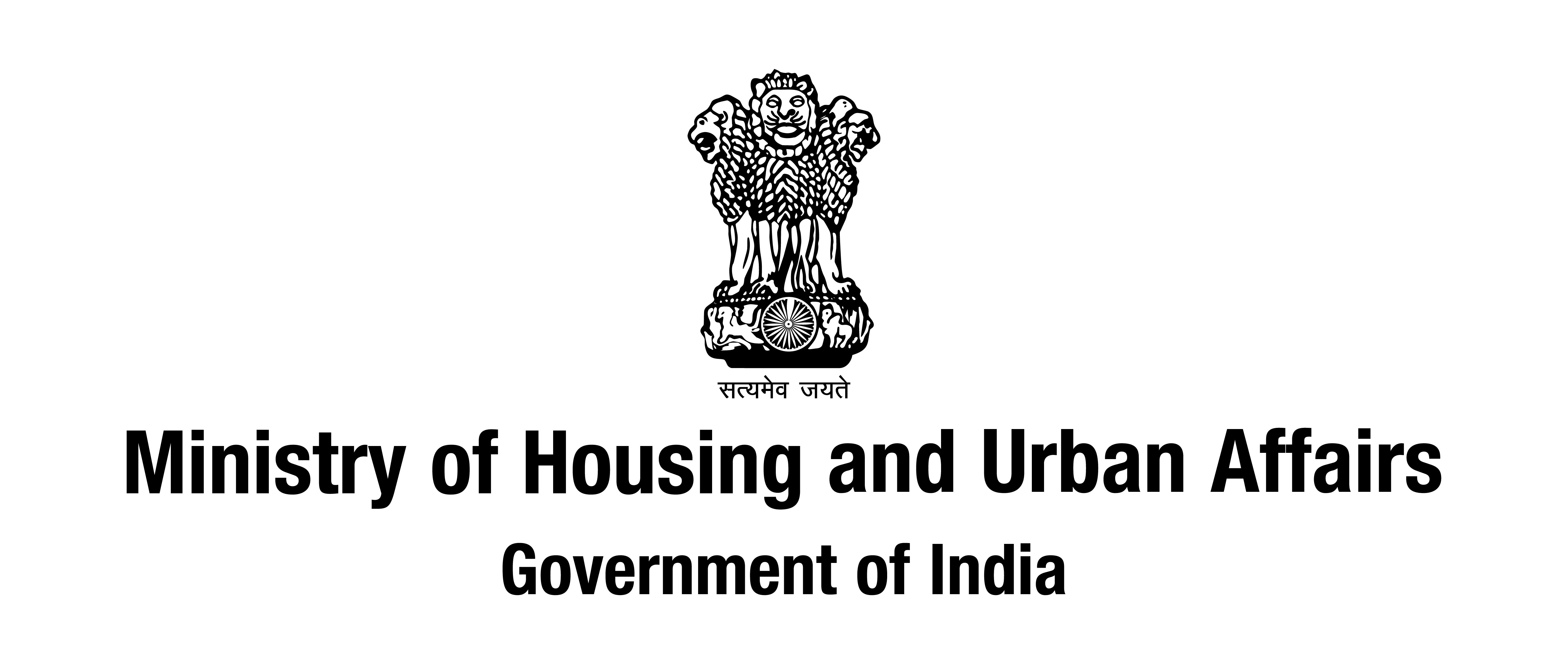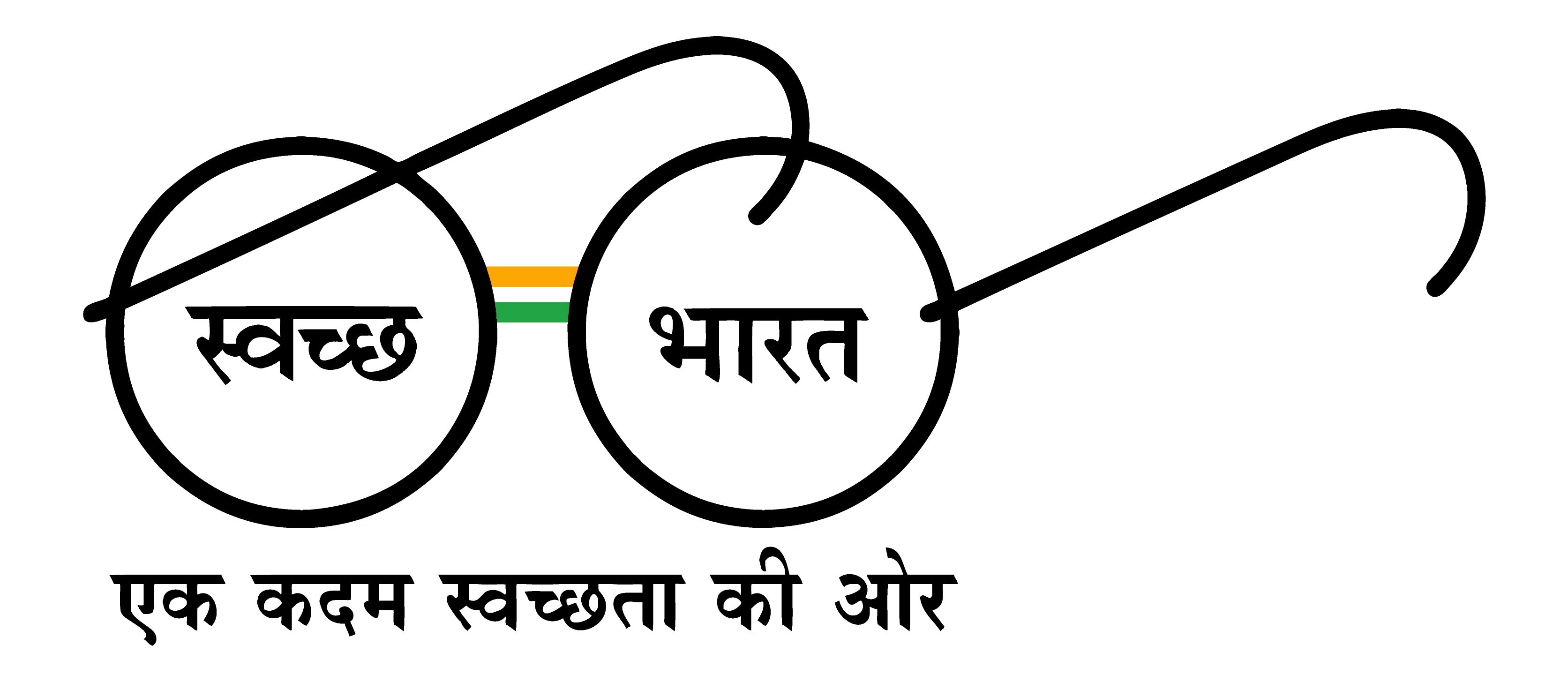Apply
Benefits for up to 20 cities, for 6 months
Additional benefits for up to 10 cities, for 2 years
- Access to Expertise
- Data Collection
- Project Formulation
- Stakeholder Engagement
- On-ground trials
- Data Analysis
- Project Preparation
- Implementation Support
- Peer-to-peer workshops & Knowledge-sharing network
- Documentation of best practices
- Focused training
- Study tour to Urban95 city
- Policy, plan, regulatory, and/or procurement process changes
- Pilot to scaling-up plan
- Monitoring & evaluation to measure impact of implemented solutions
- Guidelines to prepare projects
The Challenge is open to all Indian cities with population above 5 lakhs, Smart Cities, and capitals of States/Union Territories.
The Challenge is a two-tier engagement process. In the first stage, 20 cohort cities will receive technical support and capacity building over six months to do tactical trials and pilots related to development of streets, public spaces, parks and gardens, playgrounds, etc. In the second stage, 10 winning cities will get technical support for two years from WRI India, supported by BvLF, to prepare and implement early childhood oriented projects in the public realm and long-term policy and institutional changes which would contribute towards enhancing quality of life of 0 to 5-year-old children in the city. Key Government officials involved in the project will also receive capacity building through the period, which includes peer-to-peer learning workshops, interaction with experts, study material and study tours.
If multiple agencies from the same city are interested in applying to the Challenge, they need to come together to form partnerships. As public domain normally interfaces with multiple Government and other stakeholders, it is important that applicants have a plan for how they will engage, seek input and secure buy-in from as many groups as possible.
Other stakeholders such as NGOs/ civic groups/ experts and researchers working within the domain of early childhood development and who are interested in getting involved with the Challenge can contact the team via challenge website. The team will help you find opportunities within the cities to collaborate with the applying government agencies.
.png)

.png)




